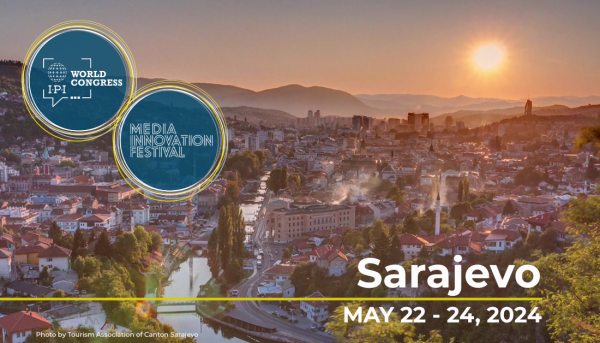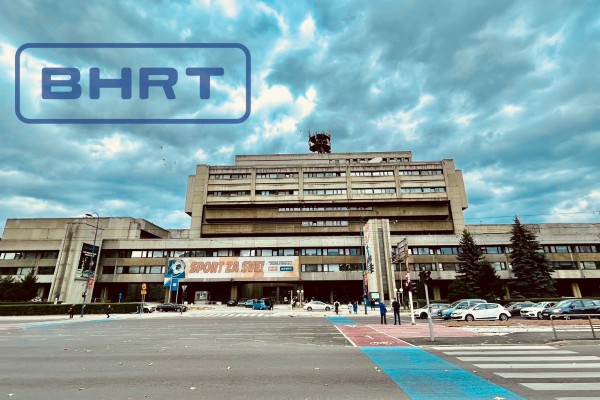An Italian draft law on wiretapping is to be voted on by the Italian Senate in the coming hours, according to Italian news reports.
If passed, the ‘wiretaps’ bill would impose heavy restrictions on magistrates seeking wiretaps, and on journalists who want to publish leaked ‘wiretap’ material. The restrictions would remain in place until the ‘preliminary’ hearing – a period which in Italy varies between three and six years, and in some cases extends to 10 years.
Furthermore, only “professional journalists” (i.e. journalists belonging to the Italian National Order of Journalists) would be allowed to record and film individuals without previous authorization, solely for journalistic purposes. This would effectively prevent a great number of practicing journalists from carrying out their work, therefore limiting the media’s ability to expose the effects of corruption and other illegal activities.
The law foresees a penalty of up to 450,000 Euros for publishers and 30 days in jail and up to 10,000 Euros for journalists who publish leaked wiretapping material before the beginning of a trial.
Furthermore, documents related to ongoing investigations cannot be published in full, but only as an abstract. According to the draft law, publishers who disregard this ban face a fine of up to 300,000 Euros.
“We urge the Italian Senate not to pass the draft law, as the bill contradicts fundamental principles in the Italian Constitution, hinders the system of checks and balances that underpins a functioning democracy, and prevents journalists from doing their work,” said IPI Press Freedom Manager Anthony Mills.
The draft law, strongly promoted by Italian Prime Minister Silvio Berlusconi’s ruling coalition, has been strongly criticized by the country’s magistrates and journalists, who fear it will place unacceptable restrictions on their ability to carry out independent investigations and fight corruption.
In a 9 June editorial, the editor-in-chief of Italy’s national daily La Repubblica stated: “The purpose [of the law] is that the country remains ignorant. And above all, that in this ignorance it remains immersed in the prevailing ‘common sense’, without running the risk that, in the interlacement between scandals, investigations and the newspapers (that report on them), any free, independent and even critical opinions may emerge.”


